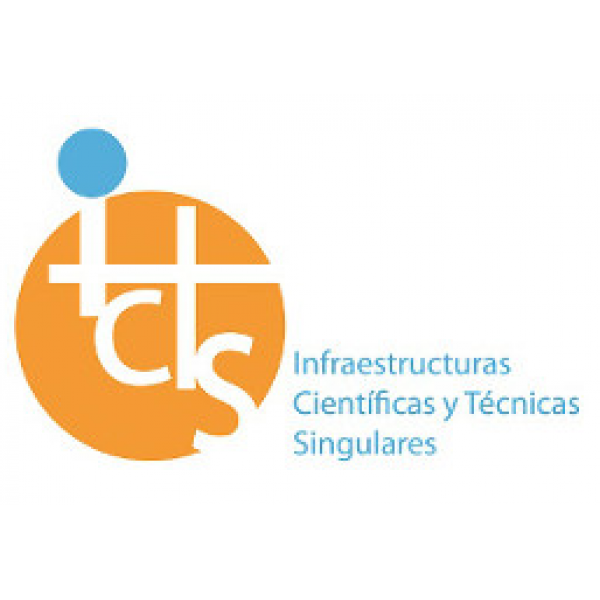- Researchers found out that the pathogenic fungus Candida albicans uses a different genetic code from all other organisms and were able to understand how this fungus changed its genetic code.
- With this new knowledge, the team was able to artificially modify for the first time the genetic code...
A Spanish research team coordinated by Carlos Duarte from the Spanish National Research Council (CSIC) has begun to sequence the genome of the deep global ocean using over 2,000 samples of microorganisms from the Atlantic, Indian and Pacific oceans during the Malaspina expedition. It is the...
- The first steps to create this alliance were made by over 70 leading health care, research, and disease advocacy organizations in order to enable secure sharing of genomic and clinical data.
- 3 of the partners are Spanish: the Centre for Genomic Regulation (CRG), the Centro Nacional de Análisis...
In response to a specific infrastructure call of the FP7 of the European Commission, BBMRI-LPC (Biobanking and Biomolecular Resources Research Infrastructure – Large Prospective Cohorts) a European-wide project involving 30 partners from 17 countries, has received a 8M € funding to enhance access...
The vice-chancellors of three Catalan universities and representatives of ten biological and biomedical research institutes, together with the CNAG, the Barcelona Supercomputing Center – Centro Nacional de Supercomputación (BSC-CNS) and BioCat, have signed an agreement to create...
The CNAG will participate in a multi-million Euro initiative that is bringing together researchers from across the world to develop new diagnostic tools and new treatments for people with rare diseases and to connect research data in this area on a global scale. Rare diseases – while individually...















